Day One
Day 1: Dr Elise Bialylew interviews Mingyur Rinpoche
The science and art of meditation with a Buddhist Monk
In this video you’ll learn:
- What mindfulness is and a powerful yet simple practice to help you manage overwhelm and the spiral of negative thinking
- How mindfulness can support anxiety
- The fascinating and inspiring story of one monk who managed his panic attacks with meditation
Prefer to listen, rather than watch? Click the play button below to hear Elise's audio interview with Mingyur Rinpoche.
Want to read the transcript from this interview? Mind Life Project members receive access to interview transcripts and 6 months of mindfulness support, live meditations, and more
[accessally_missing_any_tag tag_id='707' comment='MLP 2021']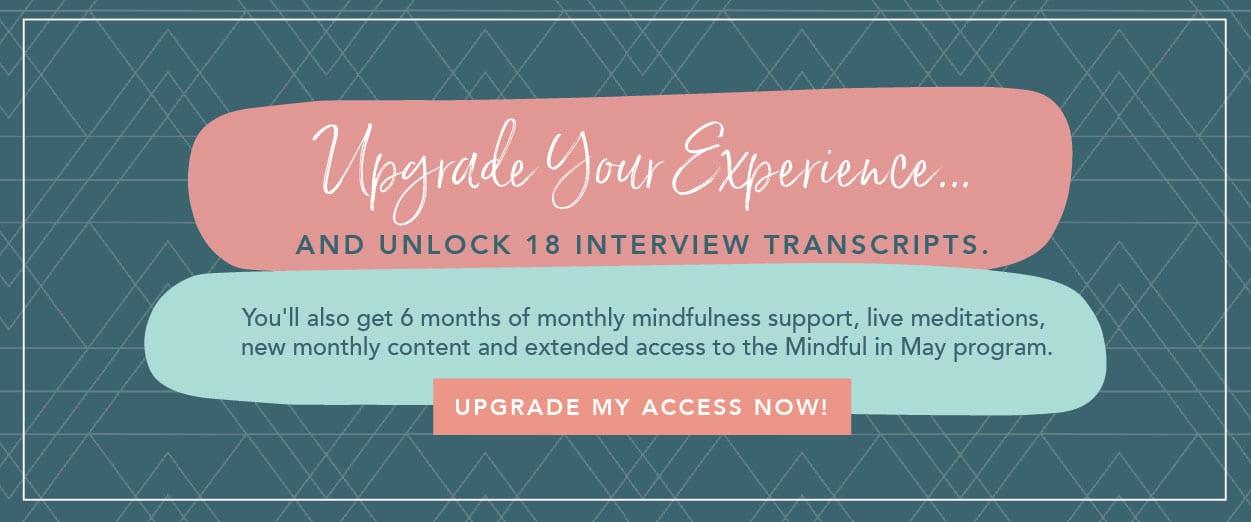 [/accessally_missing_any_tag]
[/accessally_missing_any_tag]
[accessally_has_any_tag tag_id='707' comment='MLP 2021']Click here to download the transcript for Dr. Elise Bialylew's interview with Mingyur Rinpoche.[/accessally_has_any_tag]
YOUR MEDITATION FOR TODAY
Settling Into The Body And Releasing Tension with Elise Bialylew
Welcome to day one
During this time of worldwide suffering, uncertainty and change, self-care is more important than ever. We need to ensure that we’re not adding any extra anxiety and stress into our lives by taking charge where we can. Although we can’t control external stresses with meditation, which is a form of mental training, we can build greater inner resilience.
Stillness is a foreign concept for most of us in our busy lives, so training our minds to be more calm, focused and resilient is important in supporting us through difficult times. We need to cultivate a sense of wellbeing that is not only present for us in the good times, but can be accessible even in life’s more challenging moments.
I think of mindfulness as a powerful tool that can help you upgrade your inner technology to cope more effectively with our increasingly complex world.
Mindfulness meditation is a practice that strengthens our awareness and involves training ourselves to be fully attentive to what is occurring in the present moment with a curious, patient and non-judgemental attitude.
Meditation has the transformative power to help us develop greater awareness of thoughts and emotions which impact our everyday life. It strengthens our ability to respond with wisdom, clarity and calm. It reduces the emotional reactivity that can be harmful both to ourselves and those around us.
To train our attention, we often start with practising body and breath meditations. In the Western world, we often don’t pay attention to the body unless we’re doing exercise, trying to build muscle, or in some kind of pain. We tend to be more aware of our minds than our bodies.
So bringing attention to what the body is feeling is an important part of building our practice. By becoming tuned in to the physical sensations that arise in each moment inside our bodies, we not only relax but become more grounded as our attention is brought into the present moment - the “here and now".
Our body and breath are always with us, accessible anywhere and at any time, so they’re great anchors and starting points from which to deepen our relaxation, focus and stability of attention.
We have many outstanding new guests this year. Our first guest of the program is Mingyur Rinpoche - a renowned Buddhist monk who overcame his panic disorder through meditation practice. He explains that our minds, particularly in the modern world of technology and hyper-connectedness, are often distracted or spaced out. As we train our minds and our attention through meditation, we become more aware of our constant mind chatter, or what he terms “neuronal gossip” of the mind. He humorously shares a great perspective in our interview:
Throughout the day we often ask: ‘Where are my kids? Where are my keys? Where is my phone?’ We tend not to ask ‘where is my mind?'
Yes…during this month, your mind will continuously pull your attention here and there (that’s why, in meditation circles, it's often called the “monkey mind”) but with regular practice, you’ll become more skilled at noticing this before the thoughts manage to hijack you.
You’ll become better at simply redirecting your attention back to the focus of your meditation, whether it’s on bodily sensations, breath, or whatever other meditation practice we’re doing. The idea is to become the master of your mind rather than a slave to the many unnecessary activities of the mind that do not serve you well.
Most importantly, I invite you to leave all judgements at the door as you launch into this program. It’s normal to feel critical of your experience when it doesn’t meet your expectations - that’s a common part of the process.
But just remember to bring a gentle and patient approach to your practice, as each day, you’ll have the opportunity to move forward and begin again.
I look forward to sharing this transformative month with you!
If you are participating in our Facebook community, share your observations and your biggest takeaways from the daily resources and let us know if you've meditated today.
When sharing a post on Facebook or Instagram, use the hashtag #mindfulinmay so we can find you!
If you’re not on social media, perhaps you have a meditation buddy you can chat with about what you learned today, or write it down in your journal.
stay on track
[progressally_objectives]
[progressally_progress_pie_chart size="80"]

DONATE HERE
If you'd like to make a donation, you still can! Every $50 donated will bring clean water to one person for life.

Bonus Interviews
Watch Elise's conversations with four leading well-being experts: Shauna Shapiro, Linda Graham, Frank Osteseski, and Jon Kabat Zinn.
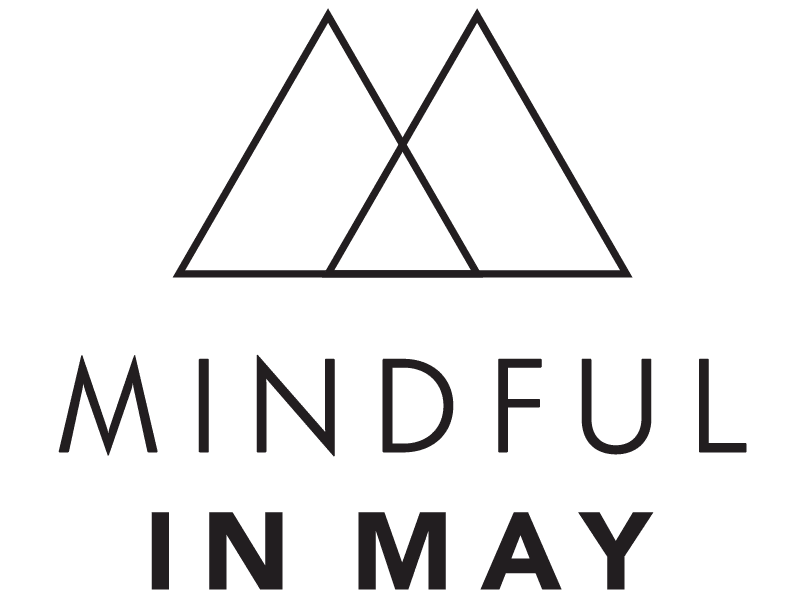
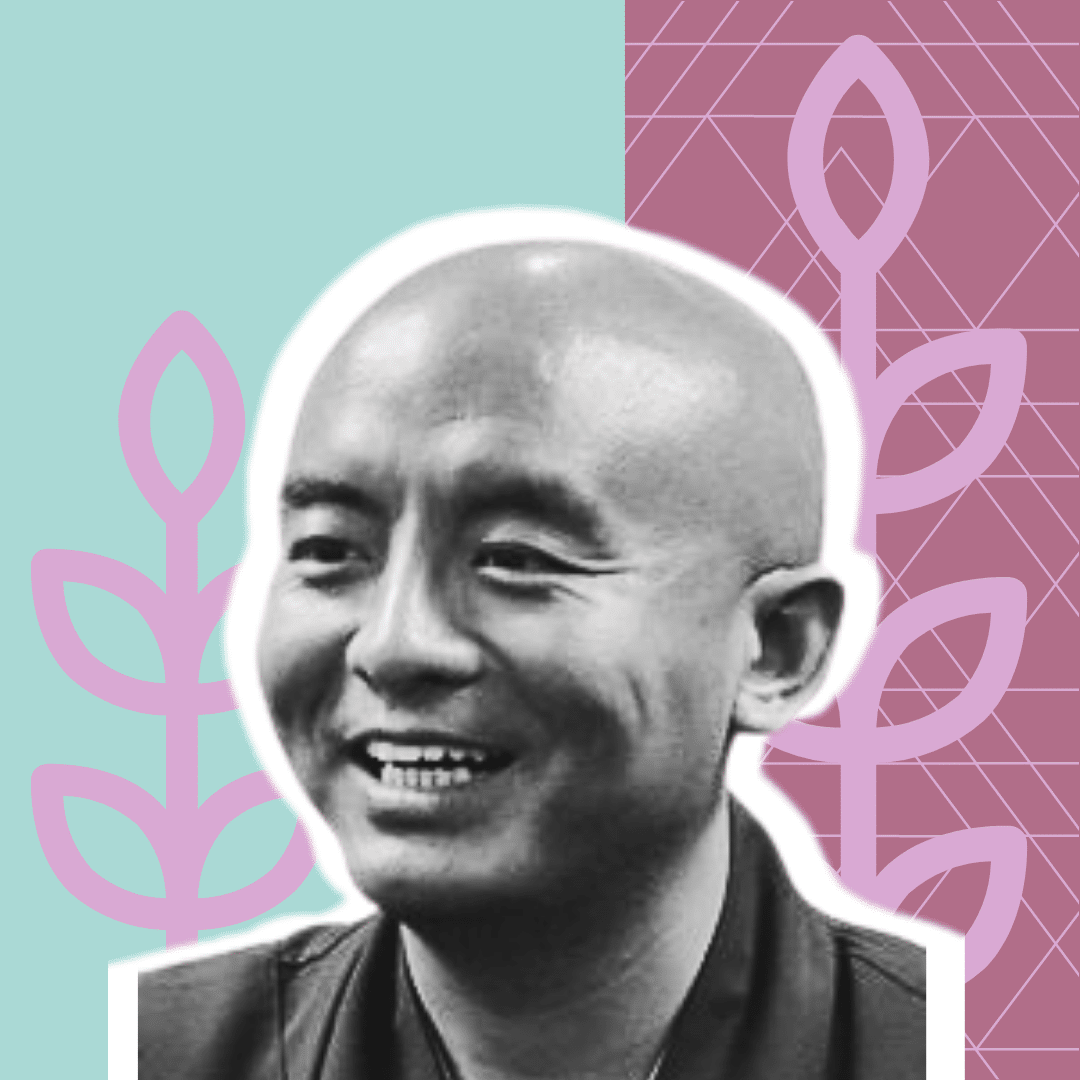 Yongey Mingyur Rinpoche is a Tibetan teacher and master of the Karma Kagyu and Nyingma lineages of Tibetan Buddhism. He has authored two best-selling books and oversees the Tergar Meditation Community, an international network of Buddhist meditation centers.
Yongey Mingyur Rinpoche is a Tibetan teacher and master of the Karma Kagyu and Nyingma lineages of Tibetan Buddhism. He has authored two best-selling books and oversees the Tergar Meditation Community, an international network of Buddhist meditation centers.
